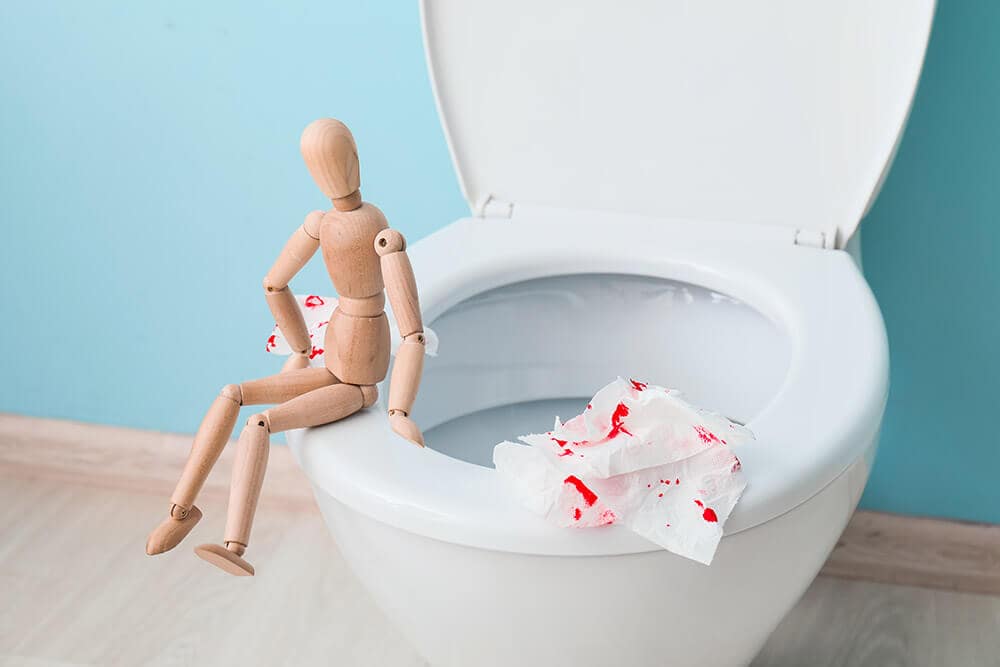What Is Hypertension?
Hypertension, also called high blood pressure, means your blood pushes too hard against the walls of your arteries. Over time, this pressure can damage your heart, blood vessels, and kidneys. It's often called a 'silent- disease because many adults in Houston live with it without knowing. Early detection and care help you avoid serious complications.
Common Causes and Risk Factors
- Family history - Having parents or siblings with high blood pressure raises your risk.
- High-salt diet - Eating too many salty or heavily processed foods increases blood pressure.
- Lack of exercise - A sedentary lifestyle puts extra strain on your heart.
- Overweight or obesity - Extra body weight forces your heart to work harder.
- Age and ethnicity - Rates rise after age 60, and African American adults are at higher risk.
Signs and Symptoms
- Often none in early stages (hence 'silent-)
- Morning headaches
- Dizziness or lightheadedness
- Blurred vision
- Occasional nosebleeds when pressure is very high
How Dr. Rishi Chadha Diagnoses Hypertension
1. Blood Pressure Check
Readings are taken twice using accurate, calibrated equipment to ensure precise measurements.
2. Health History Review
Dr. Chadha evaluates your family history, diet, lifestyle habits, and any current symptoms to identify key risk factors.
3. Lab Tests
Comprehensive blood and urine tests assess your heart and kidney health and uncover any underlying issues.
4. Heart and Vessel Imaging
- Electrocardiogram (ECG) to check heart rhythm and function
- Ultrasound or other noninvasive imaging to visualize arterial health
Frequently Asked Questions
What's the ICD-10 code for hypertension?
The code is I10 for essential (primary) hypertension.
Why does the code matter?
It helps track your treatment and insurance records.
What are signs of pulmonary hypertension?
Shortness of breath, chest pain, and feeling lightheaded when active.
How is it different from regular hypertension?
Pulmonary hypertension affects the lungs, not the whole body. It has the code I27.
Can diet help prevent high blood pressure?
Yes. A DASH-style diet low in salt and high in fruits and vegetables can reduce risk.
Should I monitor my blood pressure more often in summer?
Yes, especially during Houston's hot months. Check it monthly, or more often if it's over 140/90.
What do patient stories about curing hypertension show?
They highlight how lifestyle changes and medical care can make a big difference-but each case is unique.
Are there medication side effects?
Some can cause dizziness or tiredness. Dr. Chadha adjusts your dose if needed.
Will I need lifelong treatment?
Many patients stay on a long-term plan with meds and lifestyle changes to keep pressure under control.
Do you offer virtual visits?
Yes. Telehealth follow-ups are available across the Houston area.











